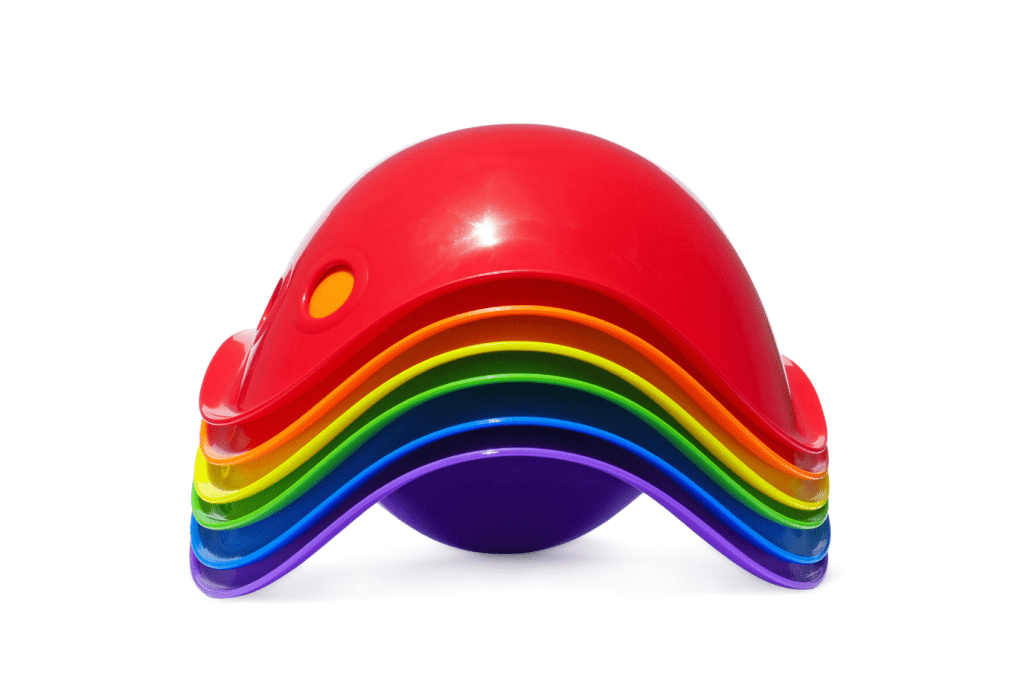Menu
-
-
Easter Basket Gifts
-
Shop Gifts By Age
- Gifts For a 0-6 Month Old
- Gifts For A 6-12 Month Old
- Gifts For A One Year Old
- Gifts For A Two Year Old
- Gifts For A Three Year Old
- Gifts For A Four Year Old
- Gifts For A Five Year Old
- Gifts For A Six Year Old
- Gifts For A Seven Year Old
- Gifts For An Eight Year Old
- Gifts For A Nine Year Old
- Gifts For A Ten Year Old
-
Shop Gifts By Budget
- New Arrivals
-
Toys
- Large Active Toys
- Animal Toys
- Arts & Crafts
- Award-Winning Toys
- Bath Toys
- Birthday Wishlists
- Building Toys
- Cars, Trains, & Trucks
- Games
- Instruments
- Loose Parts Play
- Loot Bag Toys
- Made in Canada
- Outdoor Toys
- Pretend Play
- Puzzles
- Sensory And Fidget Toys
- Sensory Bin Tools & Fillers
- STEM Toys & Activities
- Toronto-Themed Gifts
- Travel Toys
- Wooden Toys
- Waiting Room Toys & Furniture
-
Montessori Materials
- Montessori At-Home Program
-
Montessori Furniture
-
Bundles & Sales
-
Books
-
Shop By Age
-
Shop By Brand
-
Brands A-F
- 3 Sprouts
- 4M
- Ark Therapeutic
- Avenir
- B. Toys
- Bamboo Switch
- Beleduc
- Bob Books
- Brio
- bug + bean
- Carpets for Kids
- Cherrypick
- Children's Factory
- CJECOPLAY
- Clixo
- Connetix Tiles
- Crayola
- Creativity For Kids
- Crocodile Creek
- DJECO
- Educare
- Educational Insights
- Educo
- eeBoo
- Erzi
- ezpz
- Fat Brain Toys
- Fidget Company
- Foundations
- Brands G-L
- Brands M-R
- Brands S-Z
-
Brands A-F
-
- 866-901-4696
- Gift Registry
- Login

Our list of books - preparing children for big changes
2 min read

Young children are concrete thinkers. They have a hard time understanding a concept that they can't see, touch, or experience.
So when we try to prepare them for big changes, like a new sibling, moving homes, or the loss of a family member, it can be difficult for them to fully understand.
In most cases, it's going to take time, lots of questions, and experience for a child to begin to grasp the change, i.e bringing home the baby, actually moving into the new home, or experiencing regular Sunday dinners without grandpa.
But books can help.
They take abstract ideas and make them concrete with images and age-appropriate stories.
They're often the best way to communicate big ideas to young children.
Over the last couple years, we've been compiling a list of books on 'difficult to understand' topics.
Our list has books about
- Preparing for a dentist or doctor visit (even one about preparing for surgery)
- Moving houses
- Going on a plane
- Death
- Bringing home a sibling
- Family diversity
- Neurodiversity
And more.
If you have any other favourites, please let me know 🙏
I've purposely left this list as a Google doc so I can regularly add to it.
You can check it out here: https://docs.google.com/document/d/122Fn32RK5wijPPn7rLhPOtJZnMFtxFXLogLfckVSVFg/edit?usp=sharing
Can I Get Back To You?...
Some of these books might prompt follow up questions... that you aren't prepared for.
I remember reading one book about 'where babies come from' and my oldest asked, "But how does the sperm get inside the mom?"
I was not ready for that question.
The best advice I've gotten in these situations is to take some time.
There's no need to answer right away. You can say something like, "I need to think about that. Can we talk more about it tomorrow?"
This gives you time to get on the same page with your parenting partner and talk about how to best answer the question, as well as prepare for similar follow up questions.
Join Our Montessori Community
Sign up to get weekly activities, free printables, Montessori parenting guidance, and so much more.
Plus, get $10 off your first order of $100+.
Like this article? Get new articles, weekly activities, free printables, Montessori parenting guidance, and so much more.
One mom recently shared:
"Your newsletter is always SO great. It is one of the few I open and read weekly. You provide so much value. Thank you!"



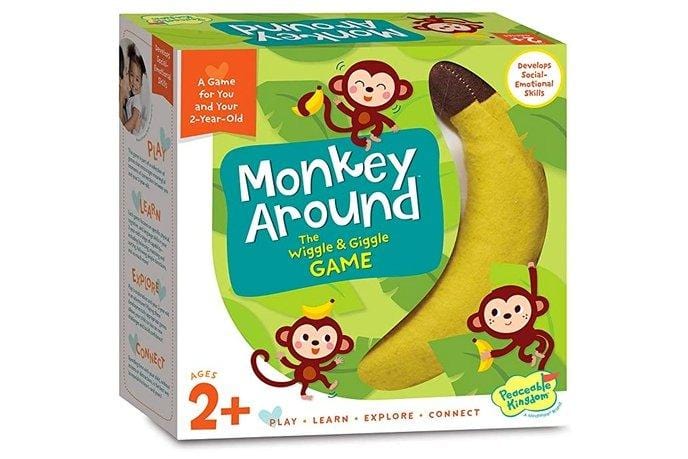

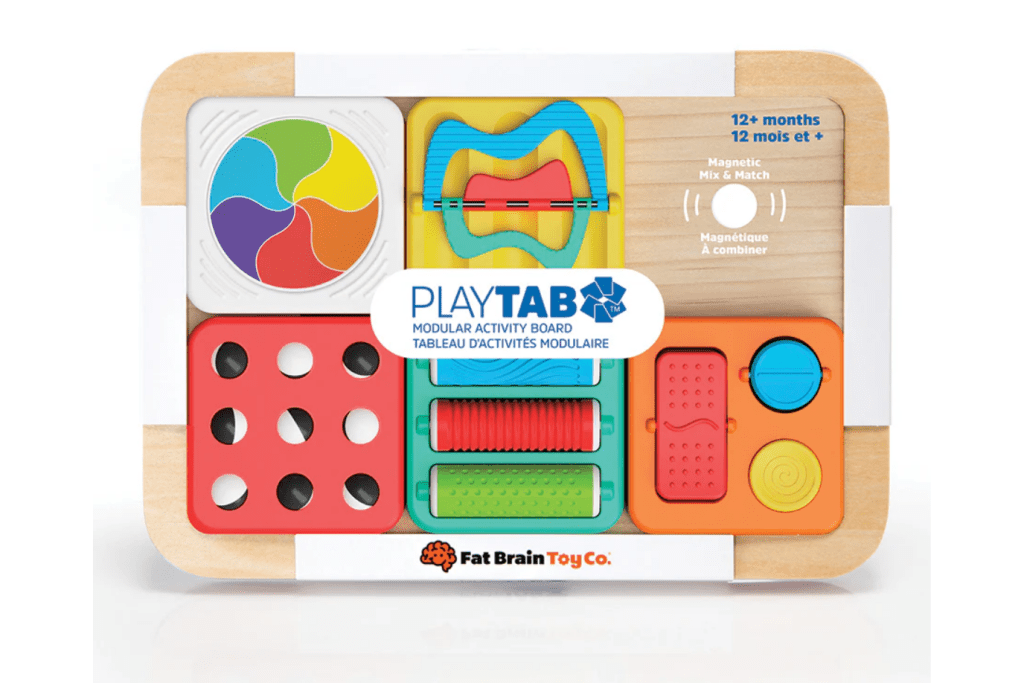
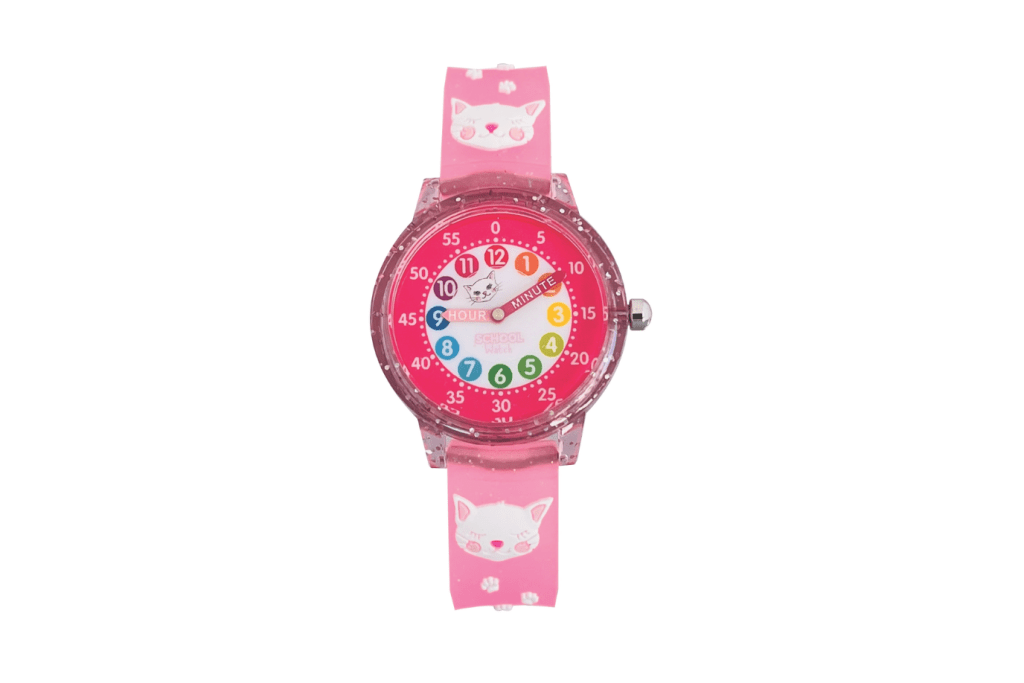
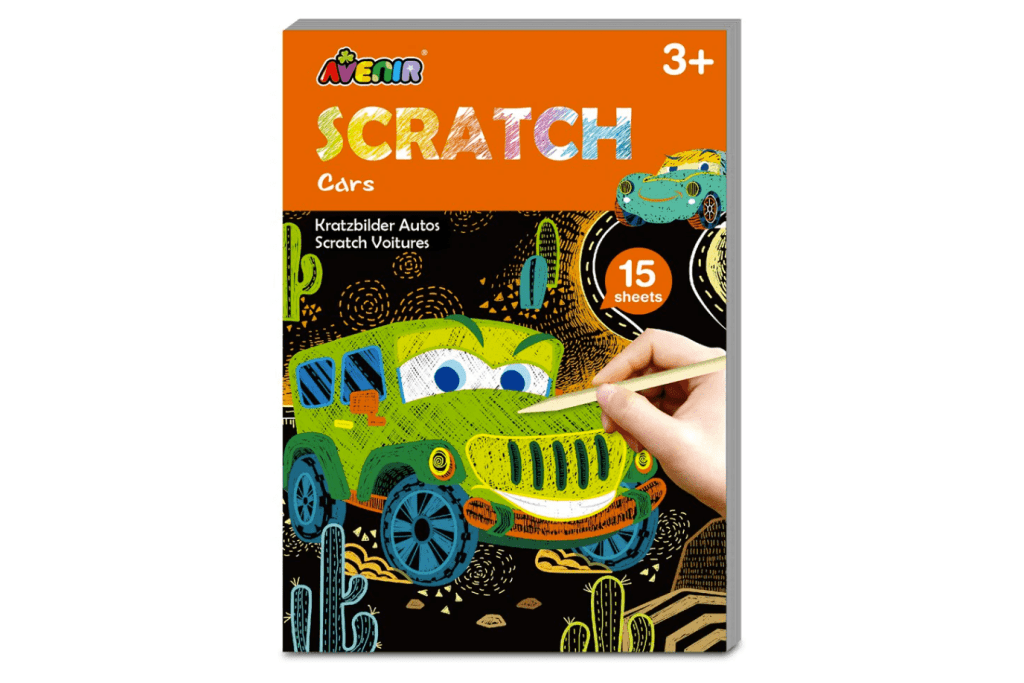

![Kidamento Kidamento Children's Cameras [3 Models]](http://themontessoriroom.com/cdn/shop/products/kidamento-childrens-cameras-3-models-661353_1600x.png?v=1699075281)
